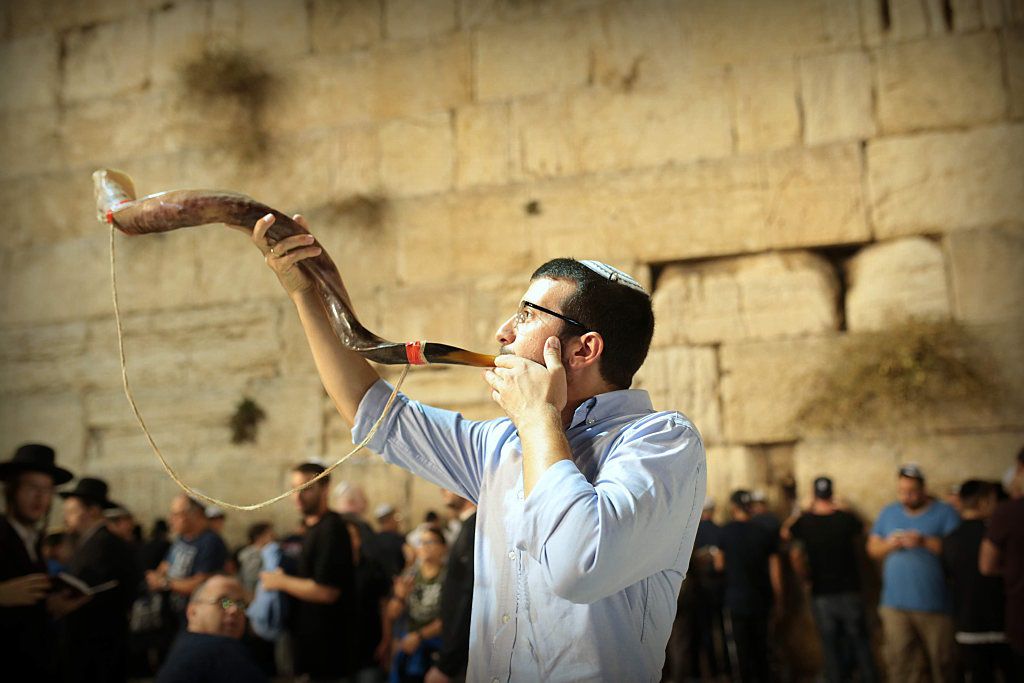The Shofar is a biblical horn – the Jewish symbol of Rosh Hashanah which is the first day of the Jewish New Year. It is also a holy day in which human beings are judged for their past actions and their future is determined, for good or for bad. The role of the shofar is also to arouse human beings to soul-searching as well as to influence God to move from a seat of judgment to a seat of mercy.
The composition Shofar for solo piano aims to present the piano as a “speaking” piano, that is, in a meditative, expressive spirit, similar to a monodic, modal ancient recitative “Sprechgesang”.
In the middle division appears a “Toccata-Judaica” which develops the preceding section and presents the materials rhythmically. The Toccata merges with the meditative section that appears afterwards, and is signed with the Shofar blasts.
The poem describes the massacre of the people that were taken to the Ponar forest, near Vilnius, in which almost one hundred thousand Jews were murdered.
The melody was composed by Alexander Tamir-Wolkowyski, who survived the Holocaust, (1931-2019), at 11-year-old in the Vilnius ghetto. I was privileged to be his student until his death; May this work be dedicated to his memory.
Bracha Bdil
Bracha Bdil (1988), composer, conductor and pianist, is a member of the Israel Composers’ League and her works are published by the Israel Music Institute. Her repertoire includes orchestral music, chamber, vocal and electronic music, as well as music for dance and theater.
Bracha was awarded the 2019-2020 ACUM Award, Israel, and was chosen as one of the composers in representing Israel at the Asian Composers League Festival, Taiwan (2018). She won first prizes in the Competition named after Michal Kleofas Oginski, Belarus. The “Electo Silva”, Santiago de Cuba (2021). The Wolf Durmashkin Composition Award, Germany (2018) and the Yardena Alotin Competition, Israel (2016).
- Website: http://brachabdil.blogspot.co.il/


